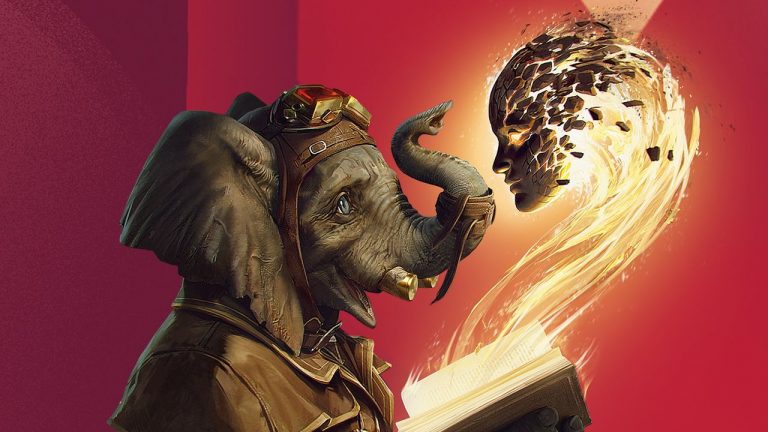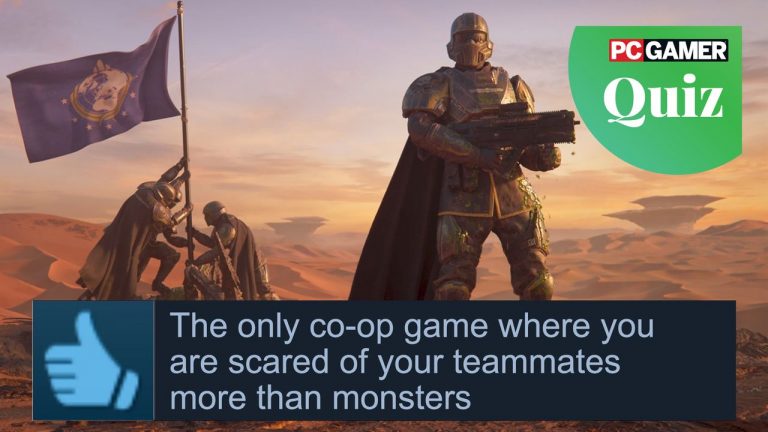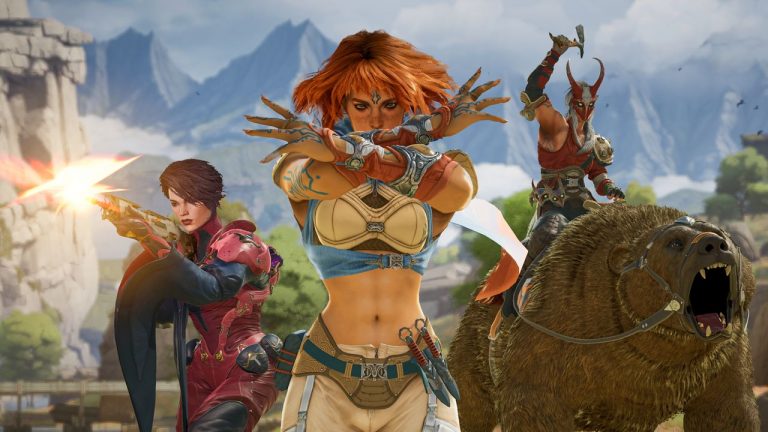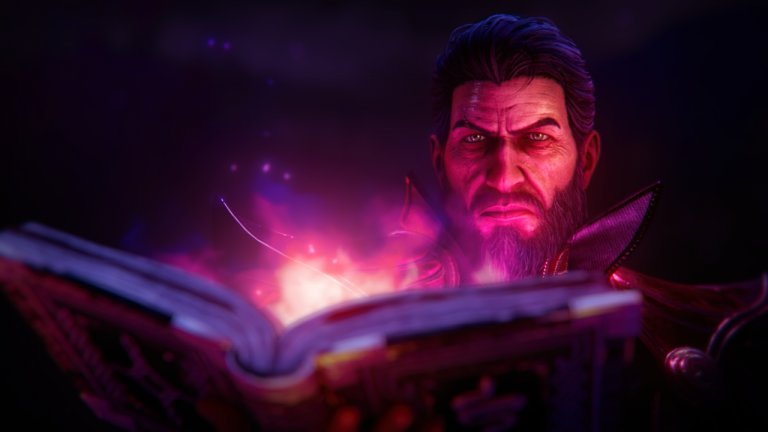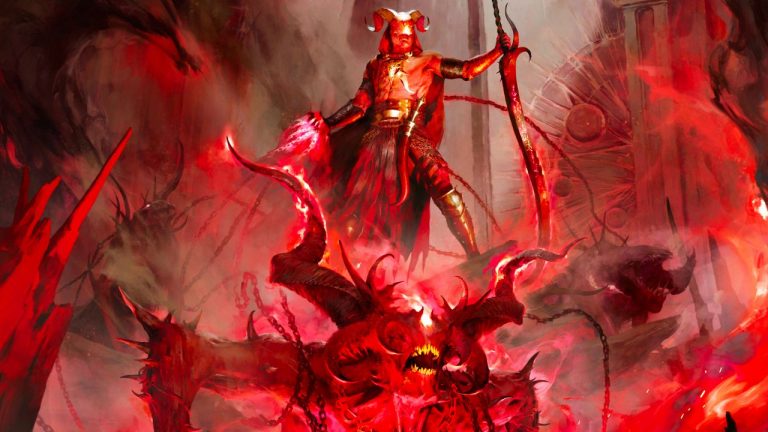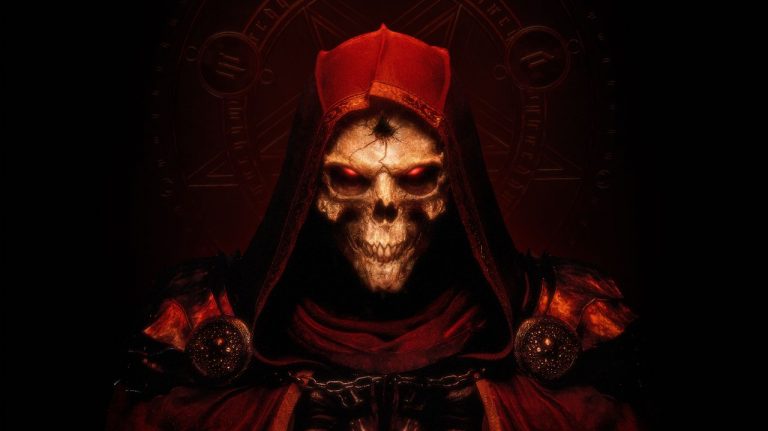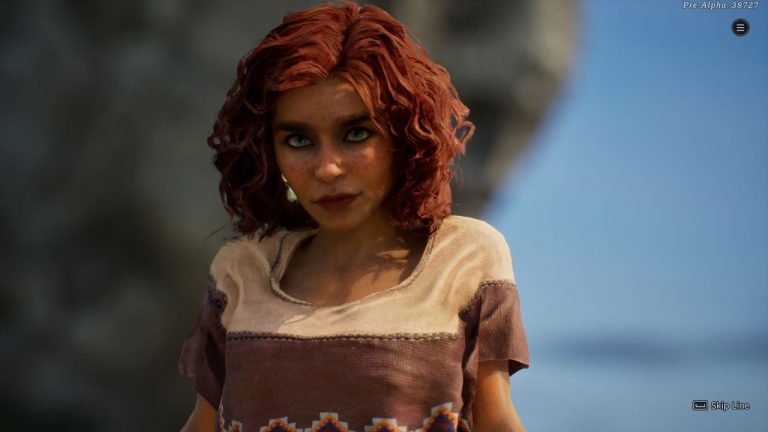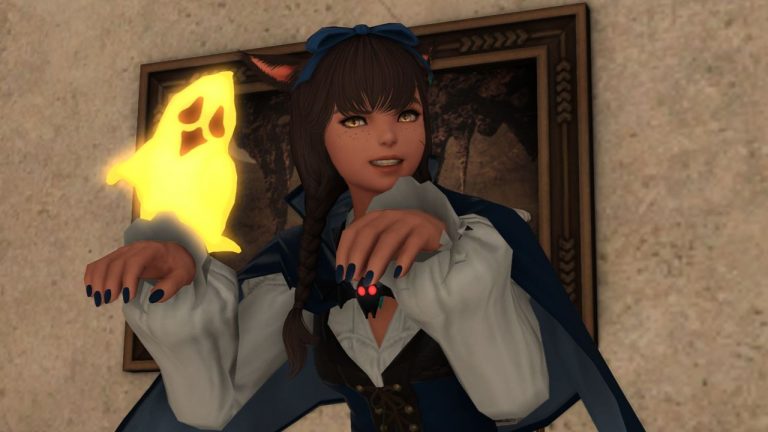Greetings, adventurers and dungeon masters! Tom Davis here, your trusted Monster Maestro, ready to delve into the latest controversy shaking the foundations of the D&D community. Today, I bring you a tale as old as time: the battle between tradition and innovation. Our protagonist? My dear Uncle Ernie, a seasoned dungeon master with decades of adventures under his belt, who harbors a particular disdain for One D&D. Let’s explore why Uncle Ernie despises this new edition and why you might share his sentiments.
The Allure of Tradition
Uncle Ernie is a traditionalist at heart. Having started his D&D journey with the original Advanced Dungeons & Dragons (AD&D), he’s seen the game evolve through various editions. Each transition has brought its own set of challenges and adaptations, but none have irked him quite like One D&D. For Uncle Ernie, the beauty of D&D lies in its complex rules, intricate lore, and the creative freedom it offers. He fears that One D&D, with its streamlined rules and digital integration, sacrifices depth for accessibility.
The Fear of Digital Domination
One of the primary aspects of One D&D that Uncle Ernie detests is the heavy reliance on digital tools. While digital platforms can enhance the gaming experience, Uncle Ernie believes they shouldn’t replace the tactile joy of rolling physical dice, flipping through rulebooks, and crafting maps by hand. He worries that an over-reliance on technology could alienate players who prefer a more traditional, unplugged gaming experience.
Simplification vs. Complexity
Uncle Ernie argues that One D&D’s efforts to simplify the rules may come at the cost of the game’s richness. He appreciates the challenge of mastering complex rules and the satisfaction of devising strategies within those parameters. Simplification, in his view, risks diluting the game’s essence and turning it into a more generic, less engaging experience.
The Erosion of Homebrew Culture
For Uncle Ernie, one of the most cherished aspects of D&D is the vibrant homebrew culture. DMs and players alike revel in creating unique worlds, custom rules, and personalized adventures. He fears that One D&D’s standardized approach may stifle this creativity, leading to a homogenized gaming experience. The beauty of D&D lies in its adaptability, and Uncle Ernie worries that a one-size-fits-all model could undermine this core feature.
Nostalgia and Change
Change is often met with resistance, especially when it challenges long-held traditions. Uncle Ernie’s attachment to previous editions of D&D is steeped in nostalgia and a deep appreciation for the game’s history. One D&D represents a significant departure from the familiar, and for many long-time players, this shift can be unsettling.
Why You Should Care
You might be wondering why Uncle Ernie’s opinions should matter to you. Well, his concerns reflect a broader debate within the D&D community. As players, it’s essential to consider how new editions impact the game we love. While One D&D promises accessibility and modernization, it’s crucial to weigh these benefits against the potential loss of depth, complexity, and creativity.
Finding a Balance
The future of D&D lies in finding a balance between tradition and innovation. Embracing new tools and simplified rules doesn’t mean abandoning the core elements that make D&D special. As we navigate this transition, let’s strive to preserve the rich, imaginative, and deeply engaging nature of the game.
In conclusion, Uncle Ernie’s aversion to One D&D is rooted in a love for the game’s traditional elements and a fear of losing its unique charm. Whether you agree with him or not, his perspective highlights the importance of thoughtful consideration as D&D evolves. Let’s ensure that as we move forward, we keep the spirit of adventure alive in every roll of the dice and every story we tell.
Happy adventuring, fellow gamers! And remember, whether you’re a fan of One D&D or a staunch traditionalist like Uncle Ernie, the most important thing is to have fun because it’s just a game!
The post Why My Uncle Ernie Hates One DND (And You Should Too!) appeared first on LitRPG Reads.



